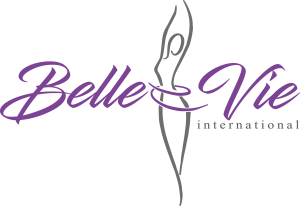The aging process is a fact of life but as we grow to understand our bodies we strive to reduce the unwanted changes that occur during the aging process. Anti-aging may be seen as fight against aging but it can see also be viewed as a fight to have more control over the aging process. In order to gain more control of this process let’s review how hormones affect our bodies and how they can be attributed to many of the symptoms we associate with aging.
Hormones have a large impact on the transformation of our skin as we age. The loss of estrogen that happens during menopause causes the skin to lose elasticity and therefore become looser. It can also cause the skin to become drier and therefore increase wrinkles in the skin. According to Dr. Judith Reichman, a medical contributor for NBC’s Today show, “Studies have shown estrogen increases skin thickness, capillary blood flow, collagen content, certain proteins and water content in post-menopausal women treated with the hormone.” Acne is caused by hormonal imbalances and adult acne often occurs as a result of the hormonal changes that take place during the aging process.
Just as we are all aware that our skin changes as we age, we are also aware that our hair changes as we age. Often hair thins in the places we would like it not to decrease and increases in the places we would prefer it not to increase. Hair thinning is a part of the aging process for both men and women. The average rate of hair growth in the scalp is approximately a half inch per month. However, this decreases as we age. The decrease in hair production of the scalp can be hereditary but it can also be linked to the hormonal changes. Hormone replacement therapy can help increase hair production for some patients.
Take control of your aging and speak with a hormone specialist about anti-aging options to find more about your body and how your hormones are causing the signs of aging.
